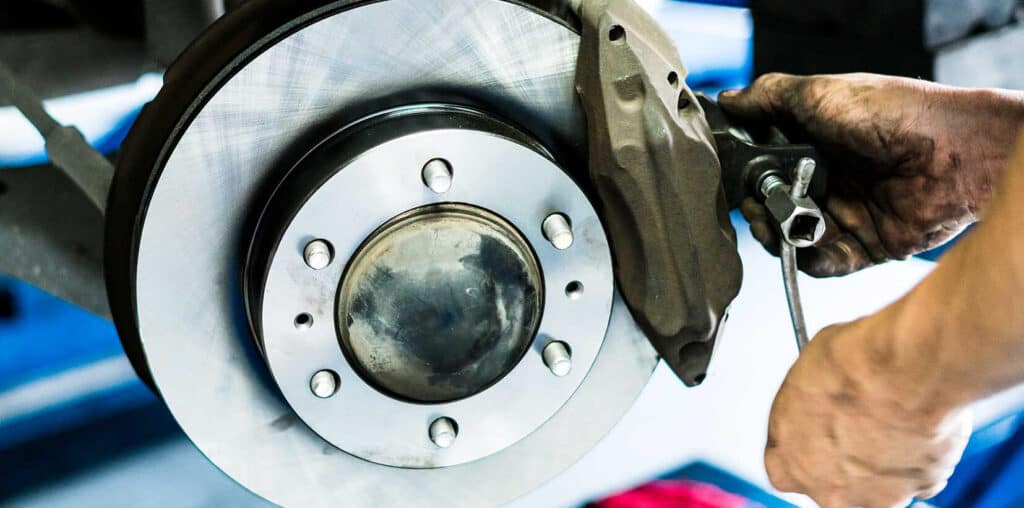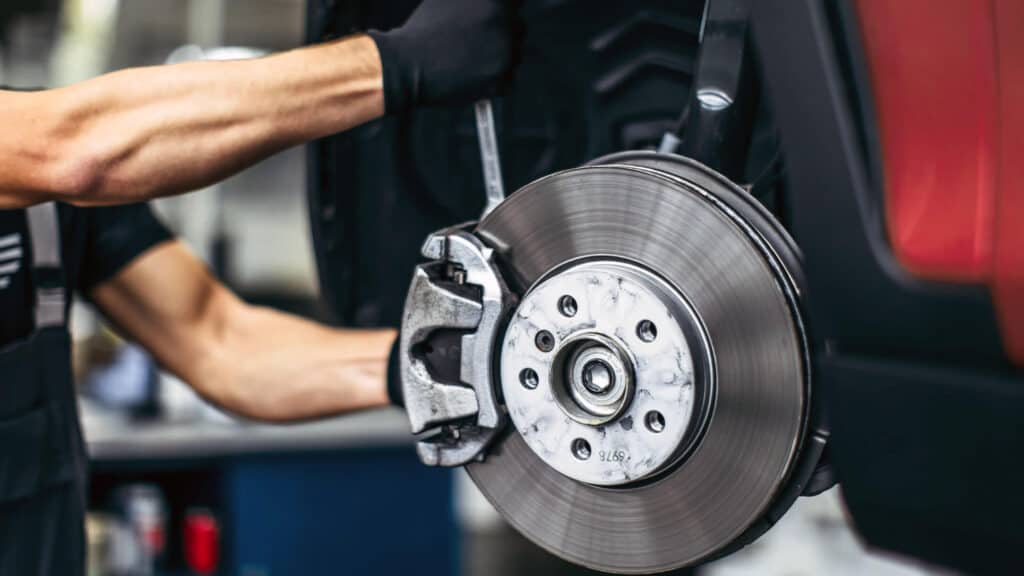Introduction: The Importance of Regular Brake Service for Your Fleet
Imagine the consequences of a commercial vehicle’s brakes failing on a busy highway, endangering lives and causing significant damage. Regular brake service for your fleet is crucial to ensuring the safety of your drivers, other road users, and your assets. This article will explore the benefits of consistent brake maintenance and why it’s essential for your fleet’s overall performance.
Improved Safety: Minimizing Accidents and Downtime
One of the primary benefits of regular brake service is improved safety. Properly functioning brakes reduce the risk of accidents, which in turn minimizes downtime for repairs and the potential for costly legal issues. By proactively maintaining your fleet’s brakes, you ensure that your drivers can respond effectively to emergency situations, protecting both people and property.
Cost Savings: Extending the Lifespan of Brake Components
Brake components are subject to wear and tear, and their lifespan can be significantly shortened without regular maintenance. By investing in timely brake service, you can extend the life of these essential components, reducing the need for costly replacements. Furthermore, identifying and addressing minor issues early on can prevent more severe problems and expensive repairs down the line.

Enhanced Performance: Ensuring Optimal Braking Capability
A well-maintained braking system ensures optimal performance, enabling your fleet to navigate various road conditions and situations safely. Regular brake service ensures that your vehicles’ stopping distance is consistent and reliable, providing drivers with the confidence and control they need to operate effectively.
Compliance with Regulations: Meeting Industry Standards and Requirements
Various industries and regions have specific regulations and standards governing commercial vehicle safety and maintenance, including brake system requirements. Regular brake service ensures that your fleet remains compliant with these rules, avoiding potential fines, legal issues, and damage to your company’s reputation.
Streamlining Fleet Management: Simplifying Maintenance Scheduling
Incorporating regular brake service into your fleet management strategy simplifies maintenance scheduling, as it becomes a routine and predictable task. This proactive approach helps avoid unexpected downtime and keeps your fleet running smoothly, allowing you to focus on other aspects of your business.
Proactive Approach: Identifying Issues Early to Prevent Costly Repairs
Regular brake inspections enable you to identify and address issues before they escalate into costly repairs or safety hazards. This proactive approach not only saves you money but also reduces the likelihood of unexpected breakdowns and downtime, keeping your fleet operational and efficient.
Fuel Efficiency: How Regular Brake Maintenance Affects Fuel Consumption
Poorly maintained brakes can negatively impact your fleet’s fuel efficiency. Worn or damaged components can create additional drag, forcing the vehicle’s engine to work harder and consume more fuel. By ensuring that your brakes are in optimal condition, you can reduce fuel consumption and lower operating costs.
Environmental Benefits: Reducing Emissions and Noise Pollution
Well-maintained brakes contribute to a cleaner environment by reducing emissions and noise pollution. Vehicles with properly functioning brakes generate less heat and friction, which in turn reduces the production of harmful particulate matter. Additionally, regular brake service can decrease brake squeal and noise, contributing to a quieter and more pleasant driving experience for both your drivers and other road users.

Choosing a Reliable Fleet Brake Service Provider: What to Look for
When selecting a brake service provider for your fleet, consider factors such as experience, reputation, and the quality of their work. A reliable provider should offer comprehensive brake maintenance services, including inspections, repairs, and replacements, using high-quality parts and adhering to industry best practices.
Incorporating Brake Service into Your Fleet’s Preventative Maintenance Plan
Integrating regular brake service into your fleet’s preventative maintenance plan is essential to ensure the safety and efficiency of your vehicles. Create a schedule based on manufacturer recommendations and your fleet’s specific needs, and train your drivers to be vigilant about reporting any brake-related issues they encounter. Consistent communication and attention to detail are crucial in maintaining the integrity of your fleet’s braking systems.
Conclusion: Prioritize Regular Brake Service for a Safe and Efficient Fleet
In summary, regular brake service is vital to the safety, efficiency, and overall performance of your fleet. By investing in consistent brake maintenance, you can minimize accidents, reduce downtime, extend the lifespan of brake components, and ensure compliance with industry regulations. Furthermore, prioritizing brake service contributes to fuel efficiency, environmental sustainability, and streamlined fleet management. By choosing a reliable brake service provider and incorporating brake maintenance into your fleet’s preventative maintenance plan, you can enjoy the peace of mind that comes with a safe and well-maintained fleet, ultimately protecting your drivers, assets, and bottom line.
